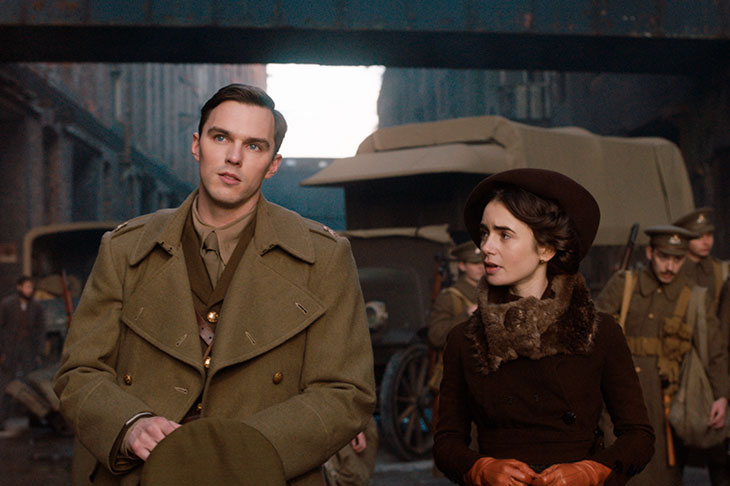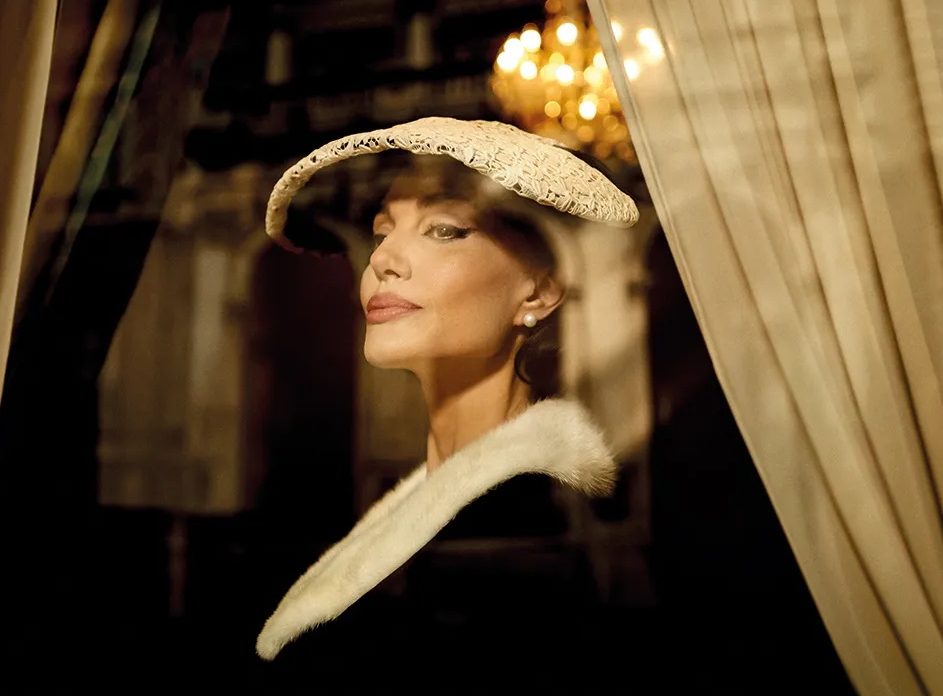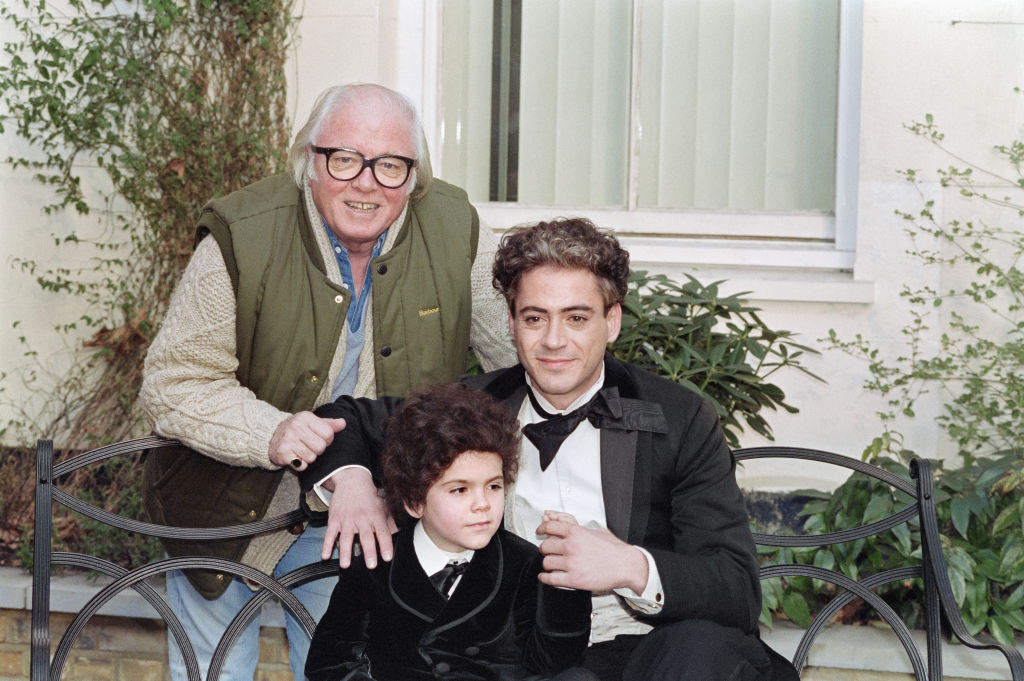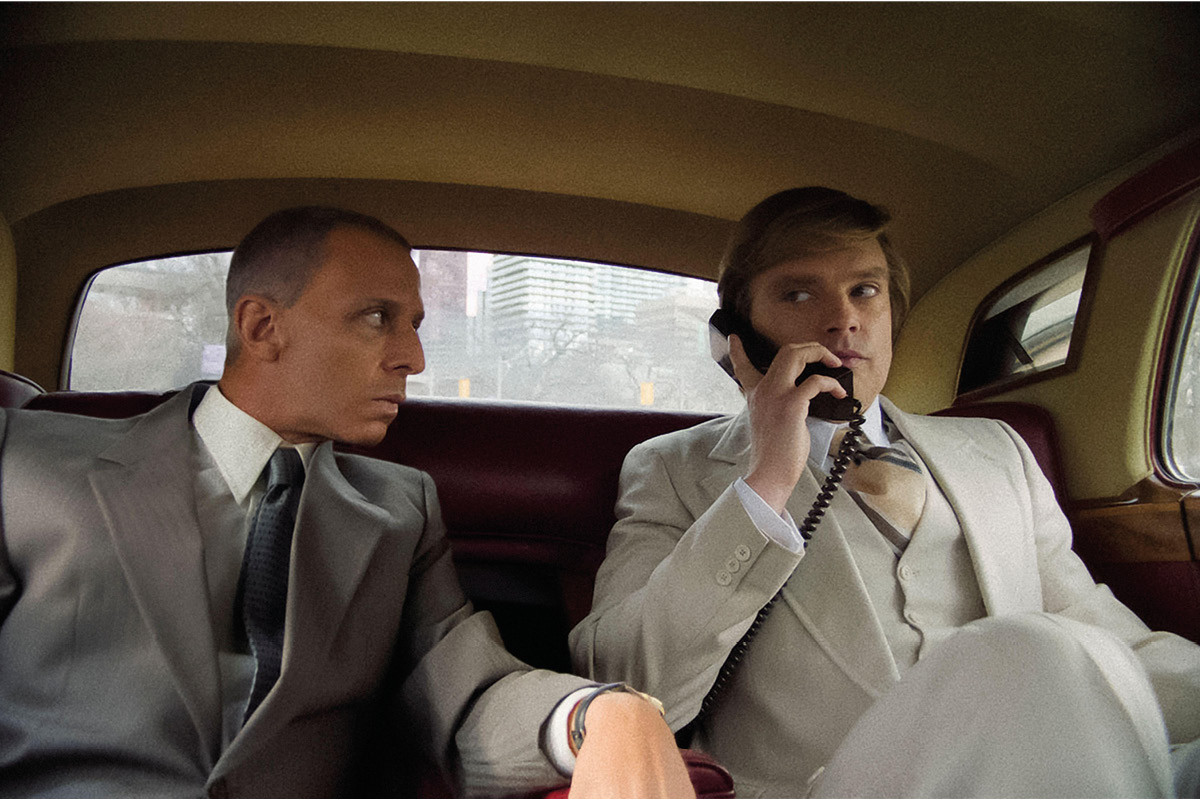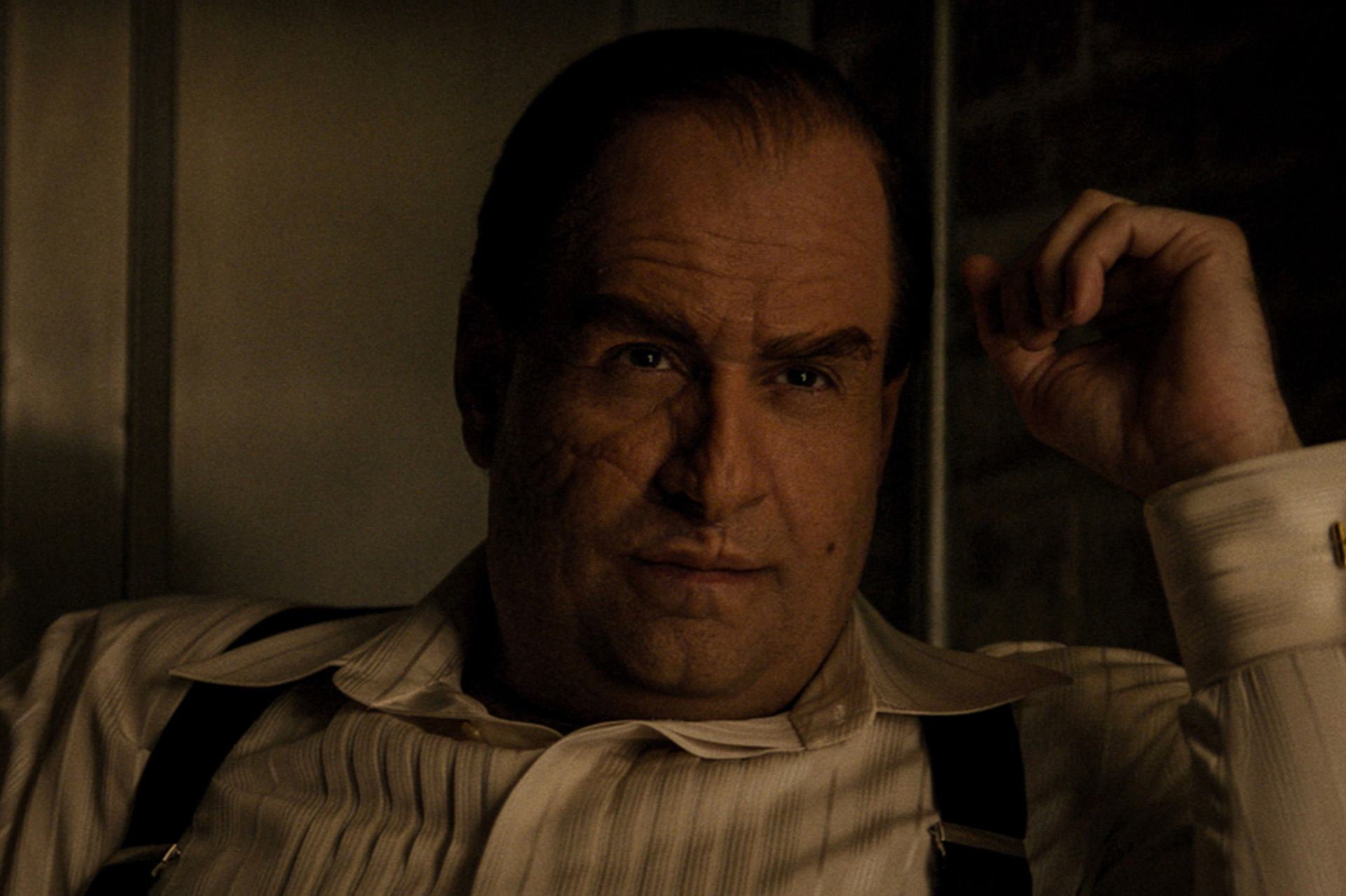Tolkien
is a biopic covering the early life of J.R.R. Tolkien (Nicholas Hoult) and it is not especially memorable. I’m even forgetting it as I’m trying to remember it. Yes, it’s one of those. Come back, come back, I need to remember you at least until the end of this review. But, no, it’s fading, fading, fading. Still, I’ll do what I can before it is fully gone, which may happen any minute now. This is quite the race against time, in fact.
So, quickly, quickly. The film opens in 1916, during World War One, with Tolkien, then 24, on the front line at the Battle of the Somme. As directed by Dome Karukoski, the horror of the battlefield is interwoven with imagery from Lord of the Rings — mythical characters thundering past on horseback etc., thereby equating the battle for Middle Earth with the battle for Europe.
It’s that heavy-handed, in other words. We then spool back to his childhood, which was certainly tragic. His father died when he was three (although I had to look up how and why; for a tick-boxing exercise this doesn’t even tick the boxes that well) while his beloved mother died when he was 12. He came home from school one day and there she was, slumped in the armchair. (Again, I had to look that up: diabetes.) Father Francis (Colm Meaney), a Catholic priest, becomes his guardian and arranges for him to lodge with Mrs Faulkner (Pam Ferris), which I expected to lead to fun and japes, as with the landlady played by Julie Walters in Brooklyn, but no such luck. Ferris is dumped after one scene.
He attends King Edward’s School in Birmingham, where he forms a ‘fellowship’ with three friends who wish to ‘change the world though the power of art’ which, as played out here, seemed tossy and shallow rather than deep or heartfelt. His friends may well have been the blueprints for Bilbo and Frodo et al — that is definitely the heavy-handed suggestion — but none are small with hairy feet, so that, I have to say, was also disappointing.
Meanwhile, he falls in love with Edith (Lily Collins), his fellow boarder at Mrs Faulkner’s, but she is Protestant and older, so the relationship is forbidden by Father Francis, although true love will conquer all and so on. On one date they are in a teashop when he tells her he likes to invent his own languages and I’m thinking: hang on, this is the first we’ve heard of it. Isn’t it? You don’t get any proper sense of the force of his imagination, so every now and then the film has to grind to a halt, in effect, to spell it out.
Usually, with biopics, if you can’t come at the subject from a clever angle, a singular central performance can save it — see Rami Malek in Bohemian Rhapsody — but Hoult has nowhere to go with a character that, as drawn here, is purely earnest and bland.
Also… nope, thought I had one last thing to say. But all gone now.
This article was originally published in The Spectator magazine.



